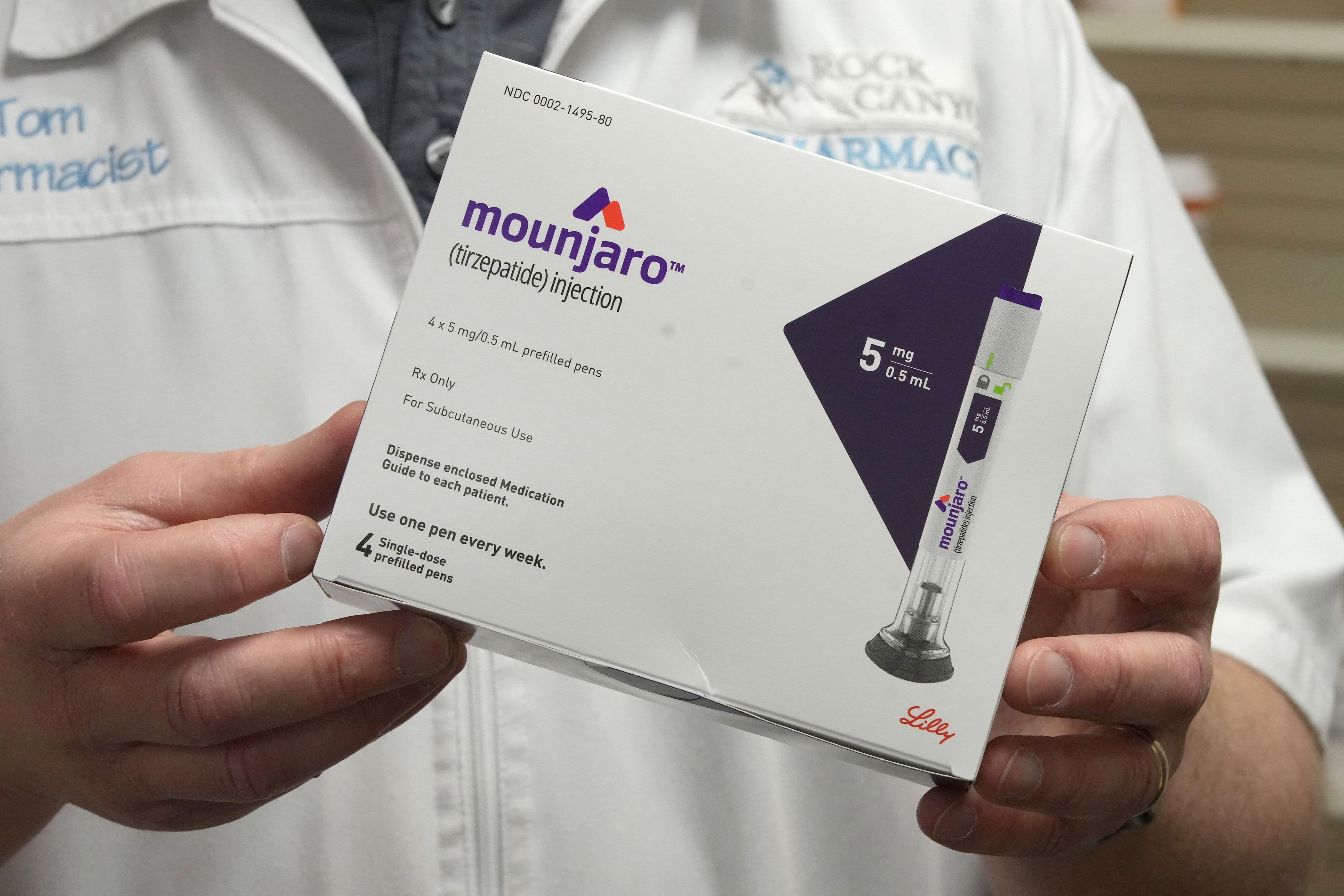The US Food and Drug Administration (FDA) has granted approval for Zepbound (tirzepatide), a novel medication for chronic weight management in adults facing obesity or related conditions. Developed by pharmaceutical giant Eli Lilly, Zepbound holds promise in the battle against obesity, a health concern associated with various life-threatening conditions.
The Challenge of Obesity: Obesity and overweight conditions pose substantial health risks that extend far beyond physical appearance. Individuals grappling with excess weight are at an increased risk of developing severe and potentially life-threatening health conditions. Among the most concerning are heart disease, stroke, and diabetes, which collectively contribute to a significant global health burden. Heart disease, a leading cause of mortality worldwide, is closely associated with obesity. Excessive weight can lead to the accumulation of fatty deposits in blood vessels, hindering proper blood flow and increasing the strain on the heart. This can result in conditions such as hypertension, atherosclerosis, and ultimately, heart attacks.
Stroke, another critical health risk linked to obesity, occurs when blood flow to the brain is disrupted. The excess weight can contribute to the formation of blood clots and plaque, heightening the chances of a stroke. Individuals with obesity often exhibit higher levels of inflammation and other risk factors that further elevate their susceptibility to this life-altering event.Diabetes, particularly type 2 diabetes, is intricately connected to obesity. Excess body weight can lead to insulin resistance, where the body's cells no longer respond effectively to insulin. This resistance, coupled with other metabolic disturbances, contributes to elevated blood sugar levels, increasing the risk of diabetes. Once diagnosed, diabetes poses its own set of complications, including cardiovascular issues, kidney disease, and nerve damage.
Recognizing the urgency of addressing this global health concern, regulatory bodies like the US Food and Drug Administration (FDA) play a pivotal role in evaluating and approving medications that offer effective solutions for individuals struggling with chronic weight management.
The Active Component - Tirzepatide: Tirzepatide, the active component in Zepbound, is already known under the trade name Mounjaro for its role in enhancing blood sugar control in adults with type 2 diabetes mellitus. Now, its approval for weight management opens new possibilities for addressing obesity and its associated health risks.
Availability and Market Predictions: The medication is expected to be available in the United States within weeks. Market analysts, including those at JPMorgan, predict substantial annual sales for GLP-1 drugs like Zepbound, estimating a market dominance by Novo and Lilly with sales reaching $140 billion by 2032. Despite its potential, Zepbound comes with a notable list price of $1,059.87 per month. This high cost may pose challenges as weight loss medications are often not covered by insurance companies. Notably, Medicare, the state-subsidized insurance for the elderly, is currently barred from covering Zepbound.
Mechanism of Action: Zepbound operates by activating receptors for hormones secreted from the intestine, specifically glucagon-like peptide-1 (GLP-1) and glucose-dependent insulinotropic polypeptide (GIP). This activation results in a reduction in appetite and food intake, offering a potential solution for those struggling with weight management.
Clinical Validation: The efficacy of Zepbound in chronic weight management was confirmed through rigorous clinical trials. In these trials, participants experienced statistically significant reductions in body weight across all three dose levels of Zepbound compared to those receiving a placebo. Notably, a substantial proportion achieved at least a 5% weight reduction.
Potential Side Effects: While Zepbound shows promise in aiding weight loss, it's crucial to consider potential side effects. These include nausea, diarrhea, vomiting, constipation, abdominal discomfort, pain, injection site reactions, fatigue, hypersensitivity reactions, burping, hair loss, and gastroesophageal reflux disease.
The FDA's approval of Zepbound marks a significant advancement in the pharmaceutical landscape, providing a new avenue for addressing chronic weight management. As the medication becomes available, its impact on individuals suffering from obesity and related conditions is eagerly anticipated. However, the pricing challenges highlight the need for broader insurance coverage to ensure accessibility for a larger population. Zepbound's approval opens doors to a new era in weight management, offering hope and potential solutions for those on a journey towards healthier living

 As the medication becomes available, its impact on individuals suffering from obesity and related conditions is eagerly anticipated. However, the pricing challenges highlight the need for broader insurance coverage to ensure accessibility for a larger population.
As the medication becomes available, its impact on individuals suffering from obesity and related conditions is eagerly anticipated. However, the pricing challenges highlight the need for broader insurance coverage to ensure accessibility for a larger population.


















.jpg)















